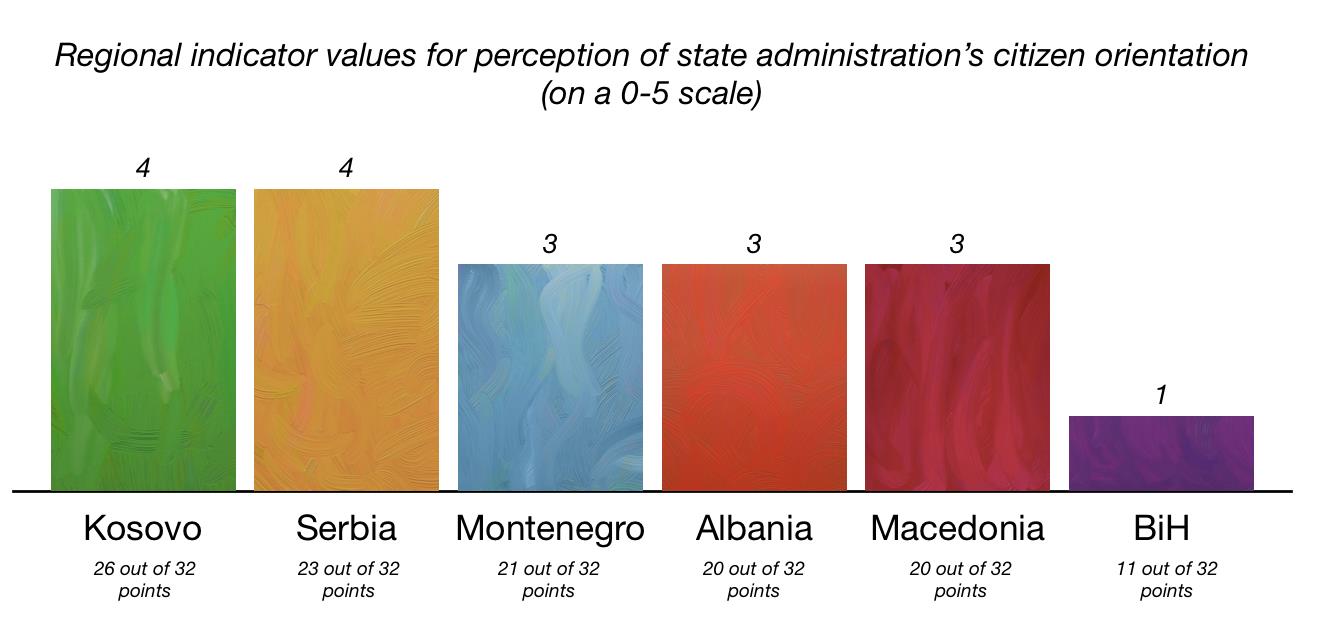Fourth WeBER Researchers’ Workshop
The WS was hosted and organised by the Institute Alternative (IA), WeBER partner organisation from Podgorica, Montenegro. During both days of the WS, researchers intensively worked on finalising the monitoring process and fine-tuning of the results. One session of the event was dedicated to planning of the First WeBER Regional Conference to be held on 25 – 26 September in Belgrade, where the team effort was employed in order to produce the conference concept and draft agenda. The team concluded the WS by agreeing on detailed plan and schedule of the remaining work, to be implemented in subsequent months.













